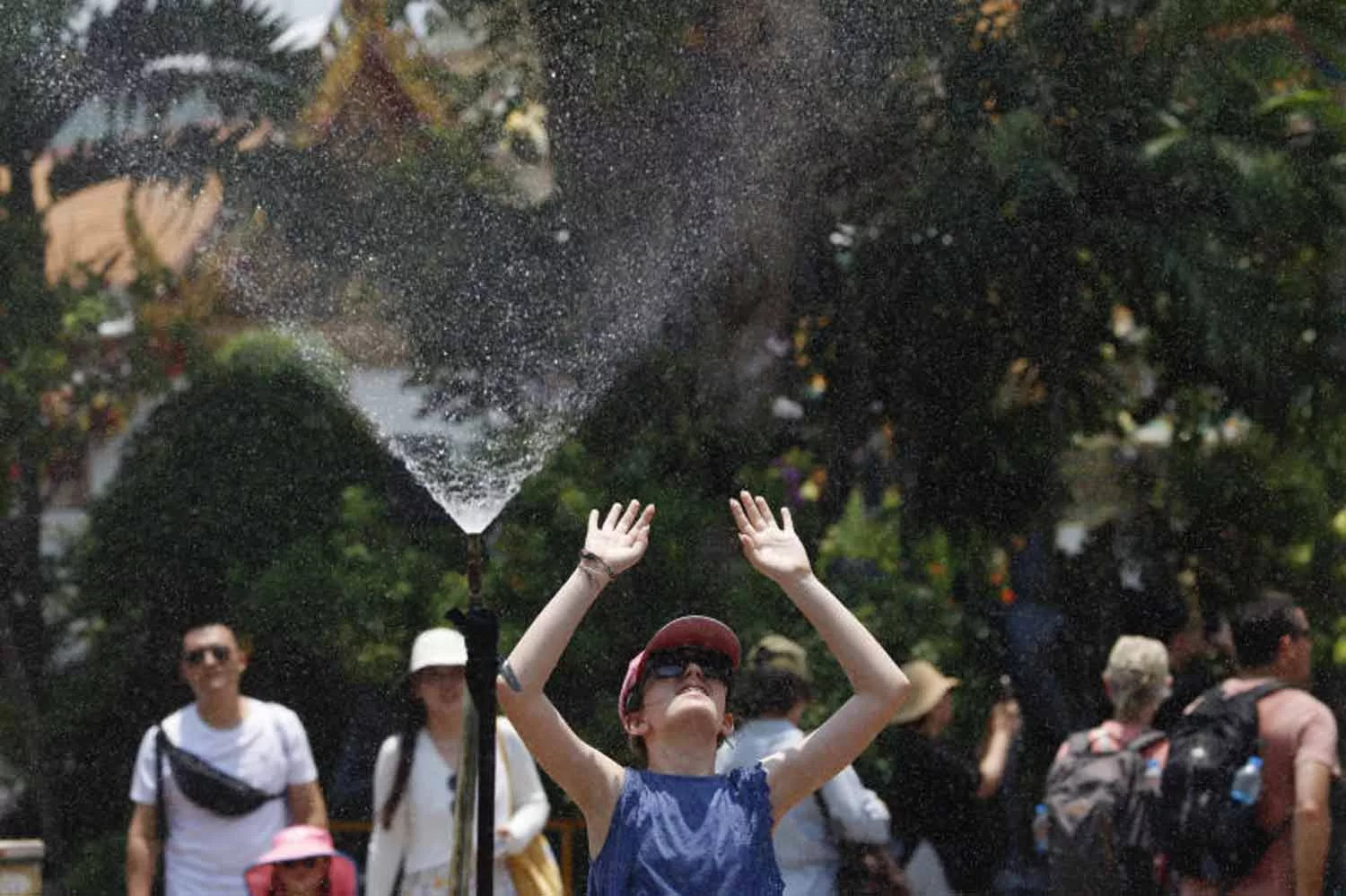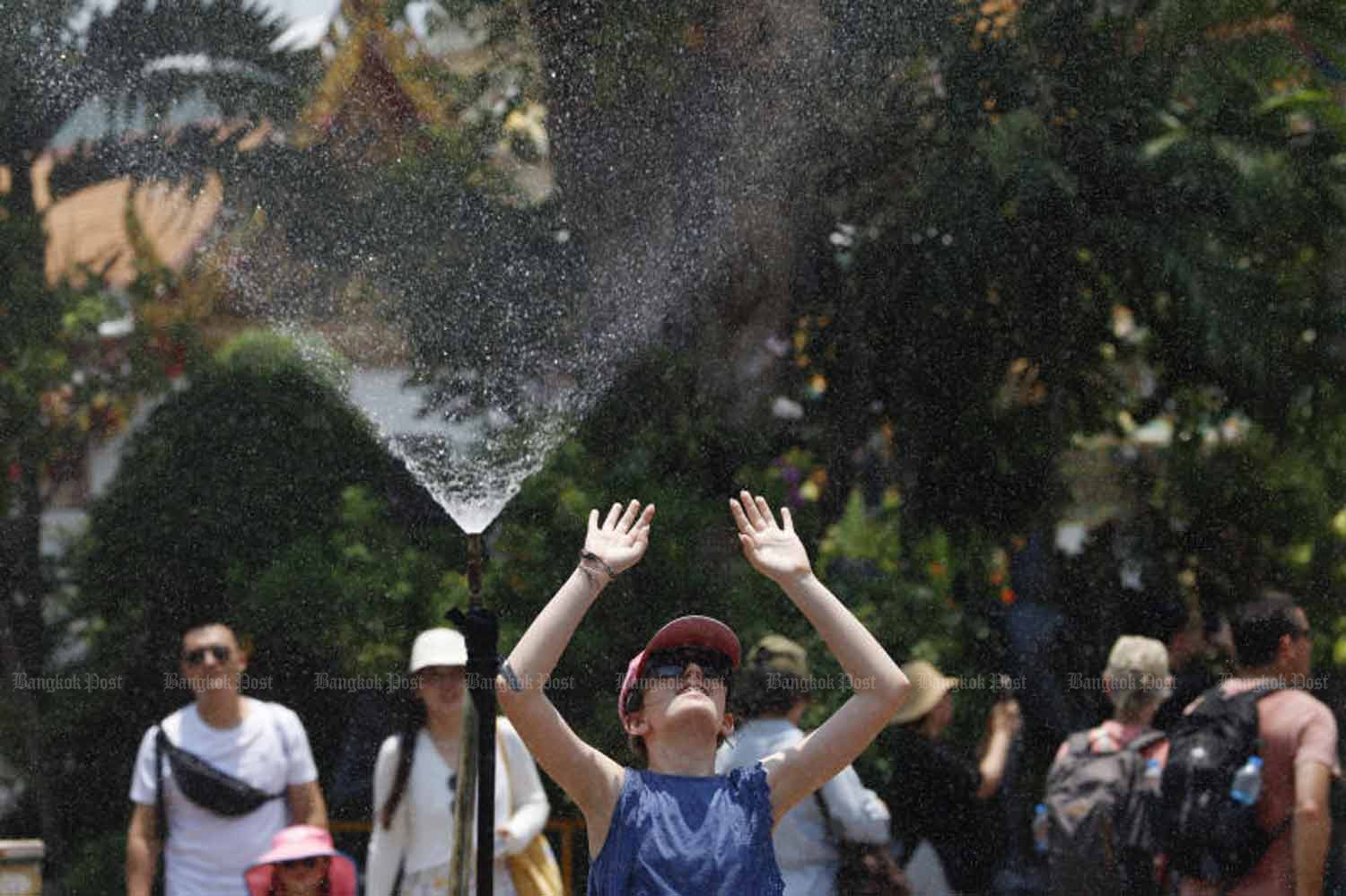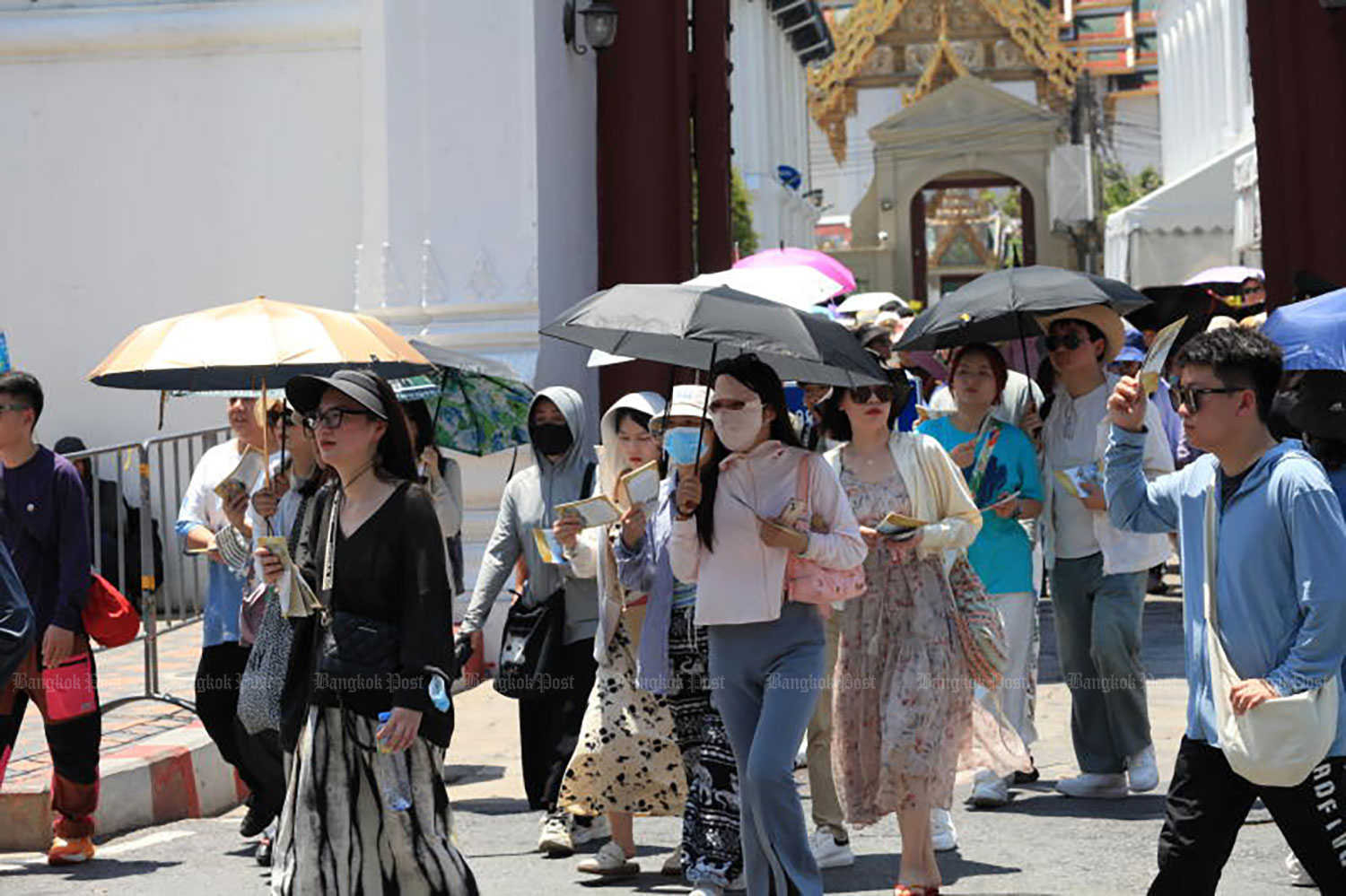Showing 1 - 10 of 2,161
Rescuers search for missing after deluge kills 30 in Brazil
AFP, Published on 25/02/2026
» JUIZ DE FORA (BRAZIL) - Three firemen pulled a man's body from the mud amidst the rubble of houses swept away in a landslide in southeastern Brazil, where 30 people died and 39 were still missing on Tuesday after torrential rains.
Thailand to enter hot season on Sunday
Gary Boyle, Published on 20/02/2026
» Thailand will enter its hot season on Sunday. Summer storms could start right away and temperatures in some northern provinces may reach a peak above 42 degrees Celsius.
Thailand to enter hot season on Sunday
Online Reporters, Published on 19/02/2026
» Thailand will enter its hot season on Sunday. Summer storms could start right away and temperatures in some northern provinces may reach a peak above 42 degrees Celsius, according to the Meteorological Department.
Quadruple chasing Arsenal rout Wigan to reach FA Cup fifth round
AFP, Published on 16/02/2026
» LONDON - Arsenal powered into the FA Cup fifth round for the first time in six years as the quadruple chasers crushed Wigan 4-0 on Sunday.
Arsenal, Man City eye trophy haul, Macclesfield more FA Cup 'miracles'
AFP, Published on 13/02/2026
» MANCHESTER - Arsenal and Manchester City take a break from their battle at the top of the Premier League to try and remain on course for a quadruple this weekend as Wigan and Salford seek monumental FA Cup shocks.
Thailand accelerates its food innovation
News, Jutamas Tadthiemrom, Published on 12/02/2026
» Thailand's transition to Agriculture 4.0 underscores the widening gap between traditional farming and technology-driven agriculture. At the same time, emerging trends in future food, climate resilience and yield improvement are creating growth opportunities.
UK’s crumbling canals threatened with collapse
AFP, Published on 11/02/2026
» WHITCHURCH, England - On a misty winter’s day in the English midlands, engineers struggled to drag stranded narrowboats from a waterless, mud-filled canal that collapsed weeks earlier, in a delicate, multi-million-pound rescue operation.
Economists outline most urgent tasks
Business, Published on 10/02/2026
» Urgent priorities of the new government are to ease the cost-of-living burden on the public, find markets for SME products and push ahead with policies promised during the election campaign, economists say.
Thailand trains new generation of reporters to tackle AI-era misinformation
Published on 03/02/2026
» Thailand’s major media organisations have launched an intensive training camp to equip 60 university students with AI literacy and strong newsroom ethics, aiming to prepare a new generation of journalists capable of countering misinformation in the digital age.
Summer coming late, but it'll be a scorcher
Online Reporters, Published on 01/02/2026
» Thailand is forecast to enter a hotter‑than‑usual summer later this month, with peak temperatures in some northern provinces likely to climb beyond 42°C, according to the Meteorological Department.













